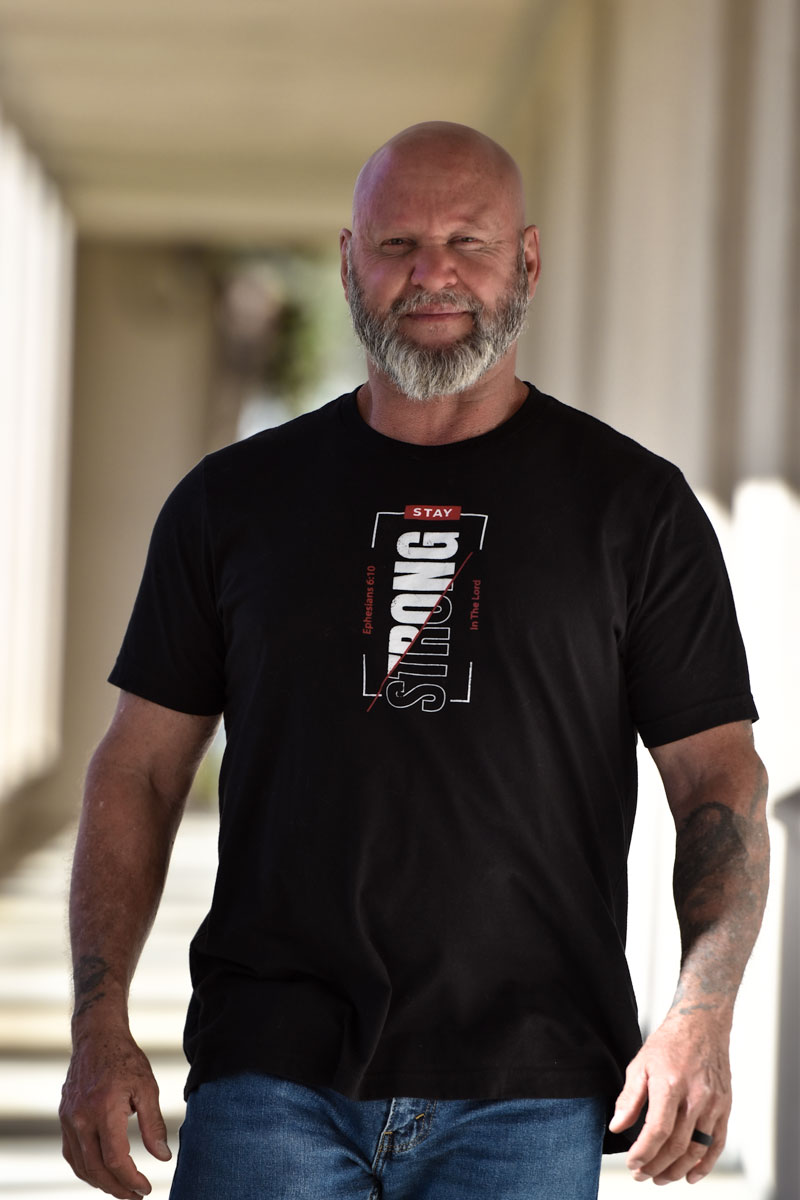“I can do all things through Christ who strengthens me.”
Phillippians 4:13
You’ve done it, I’ve done it, and every living person with a bone of honesty will admit to doing it, too. It’s the very reason we put little stock in resolutions and such things for big plans made when spirits are high and the discomfort of work and commitment are absent, are lofty things, or wishes, bound to crash into reality at some point and die an unglorious death. And so we are here to discuss the matter of goals and how we use them and how most times they aren’t anything more than wishes.
There are volumes written about long-term and short-term goals and the need for making them if one hopes to achieve success. Again, goals used this way, when the desire for change is high but the sting of the work, discipline and discomfort needed to reach those goals is absent, usually results in them being well-intentioned wishes.
Goals are best used as a tool to motivate when you want to stop before you should, and discomfort is most often the reason you want to stop. Setting a goal to complete a task you really don’t feel like completing is the best use of goals, and the length of the goal is directly proportional to the level of discomfort.
For instance, I like to do elevated treadmill sprints for 30 seconds, then rest for 30 seconds. So I set a goal to run 10 sets of 30 seconds on and 30 seconds off at a prescribed speed and elevation. That was my training goal. At the start of each interval I set a goal to run the full 30 seconds no matter how hard it became because the very hardest sets are the ones that will force my body to adapt by getting in better shape, stronger, and with more endurance. So I need to put in that level of hard and very uncomfortable work if I expect to improve. Many times I have been at the 25 second mark with only five seconds to go and every cell in my body is screaming to stop. At that point I set another goal to run 5 more seconds no matter what, and when that seems impossible I shorten the goal to 1 second at a time, then one step at a time, and use that smaller goal to push through and accomplish the longer goal of 30 seconds.
This is how goals become useful tools. You are in extreme pain but five seconds feels possible until it doesn’t, but one second does. Then, when it doesn’t feel possible, one step does. Next thing you are done, and you used goals to accomplish an otherwise impossible task. If you use goals to break down enormous challenges into smaller and more achievable challenges, the work feels more possible and you do it rather than quit.
Contrast this to setting a goal months away or even weeks or days away, and you understand why those goals are more like wishes and not effective at helping you achieve the challenging things that result in improvement.
It’s important to have a long-term sense of what you would like to accomplish, and you can call that a long-term goal if you wish, but goals are a tool most effectively used to motivate you through the hard parts that usually result in your giving up. In the end you will reach your goals, but even better, on the way you will inspire someone else to reach theirs.








